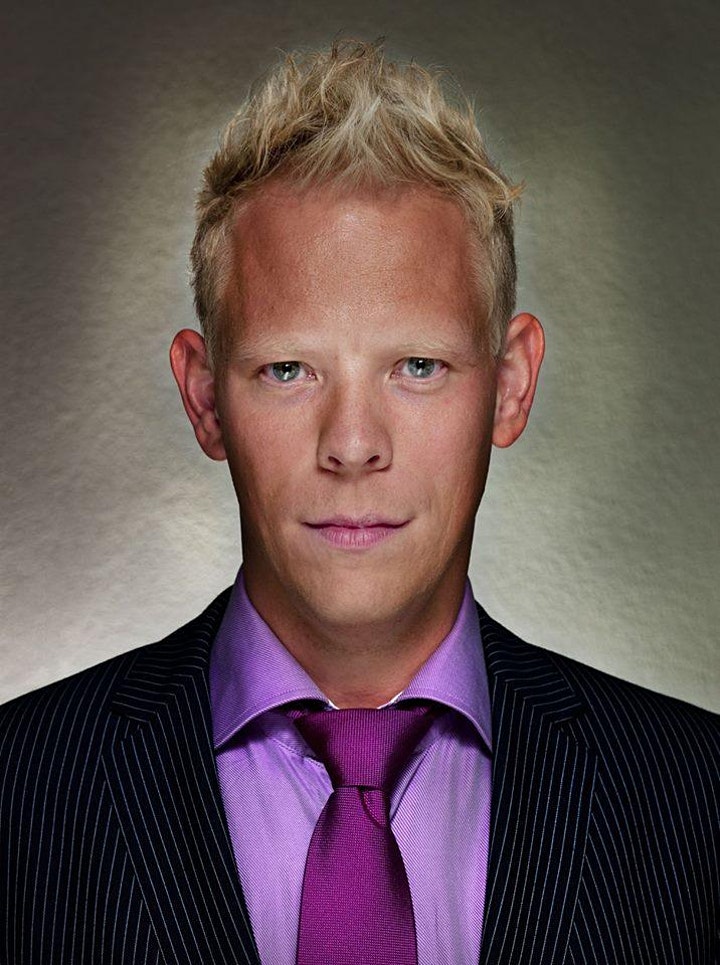Our parents have taught us how to behave, and at school we have learned maths, reading and writing. But who teaches us how to live a meaningful life? Whereas in the past, religions told us their answers to meaning in life, in modern society we seem to find our own answers. This vacuum on meaning in life has led to countless books by quack authors imposing their personal answers, but what does scientific research tell?
In this workshop, the internationally recognised research expert on meaning in life, Dr Joel Vos, will introduce participants to the psychology of meaning in life. What does empirical research tell about how people experience meaning in life? And, possibly most important, what can individuals do to live a meaningful life? This workshop will be particularly tailored to individuals and therapeutic practitioners and coaches, who are searching how to live a meaningful life in the current COVID-19 crisis.
This lecture will start with debunking some myths about meaning in life, such as the idea that each individual has an Absolute True Meaning Of Life, -but we can live a meaningful and satisfying while acknowledging that there may not be an ultimate pre-given meaning. This explanation will be followed by some key research findings. For example, research shows that meaning in life is the holistic combination of motivation, values, understanding, practical skills, self-worth, existential skills, and commitment to action. Individuals can experience different types of meaning: materialistic, hedonistic, self-oriented, social, larger, and existential-philosophical types. Individuals can approach meaning in a traditional way -for example by following what clergy and authorities tell about meaning in life-, in a functionalistic way by trying to create and demand random meanings from life, or in a phenomenological way by critically following our intuition.
This online workshop will consist of a lecture about the main research findings on meaning in life, self-development exercises for self-reflection, and group discussion. Joel Vos will also give the participants recommendations how they could further learn to live a meaningful life. Recommendations will be given for psychological therapists and coaches about how to help clients with meaning-oriented questions. This workshop does not require any prior learning, and everyone can join. The workshop will be the most relevant for mental health professionals, such as counsellors, psychotherapists, counselling/clinical psychologists. All formats will be hosted via Zoom, and procedures for participating in the different formats will be explained on the day (they’re very straightforward). We ask all participants to commit to maintaining strict confidentiality: not disclosing something that has been shared by another participant outside of the workshop.
Learning outcomes
By the end of the workshops, participants will be able to:
- Identify the key myths and quack theories about meaning in popular culture;
- Understand the key research findings on meaning in life;
- Understand the relevance and value of meaning in life during the current COVID-19 pandemic;
- Apply key ideas and exercises on meaning in life to their personal life;
- Apply key ideas and exercises on meaning in life to their therapeutic practice;
Suggested reading:
Vos, J. (2017). Fifty pictures of living a meaningful life.: Art cartoons reflections & exercises. Independent Publishing. (this is a creative self-help book)
Vos, J. (2017). Meaning in life: An evidence-based handbook for practitioners. Macmillan. (this is a handbook and practical guide for practitioners, such as therapists, counsellors, coaches, nurses and priests)
Course Content
Presenter

Dr Joel Vos PhD MSc MA CPsychol FHEA is a psychologist, philosopher, author, researcher, lecturer, and existential therapist. He works as Senior Researcher and Senior Lecturer at the Metanoia Institute in London, United Kingdom. His research focuses on topics around meaning in life, social justice, social movements, social and political change, and the effectiveness of humanistic and existential therapies. He is director of the IMEC International Meaning Events & Community which organises annual conferences, workshops, training, and cultural events (meaning.org.uk). He has over 100 publications, including the books ‘Meaning in Life: an evidence-based handbook for practitioners’ (MacMillan, 2017), ‘Mental health in crisis’ (Sage, 2019), ‘The economics of meaning in life’ (University Professors Press, 2020), and ‘The psychology of COVID-19’ (Sage, 2020).


